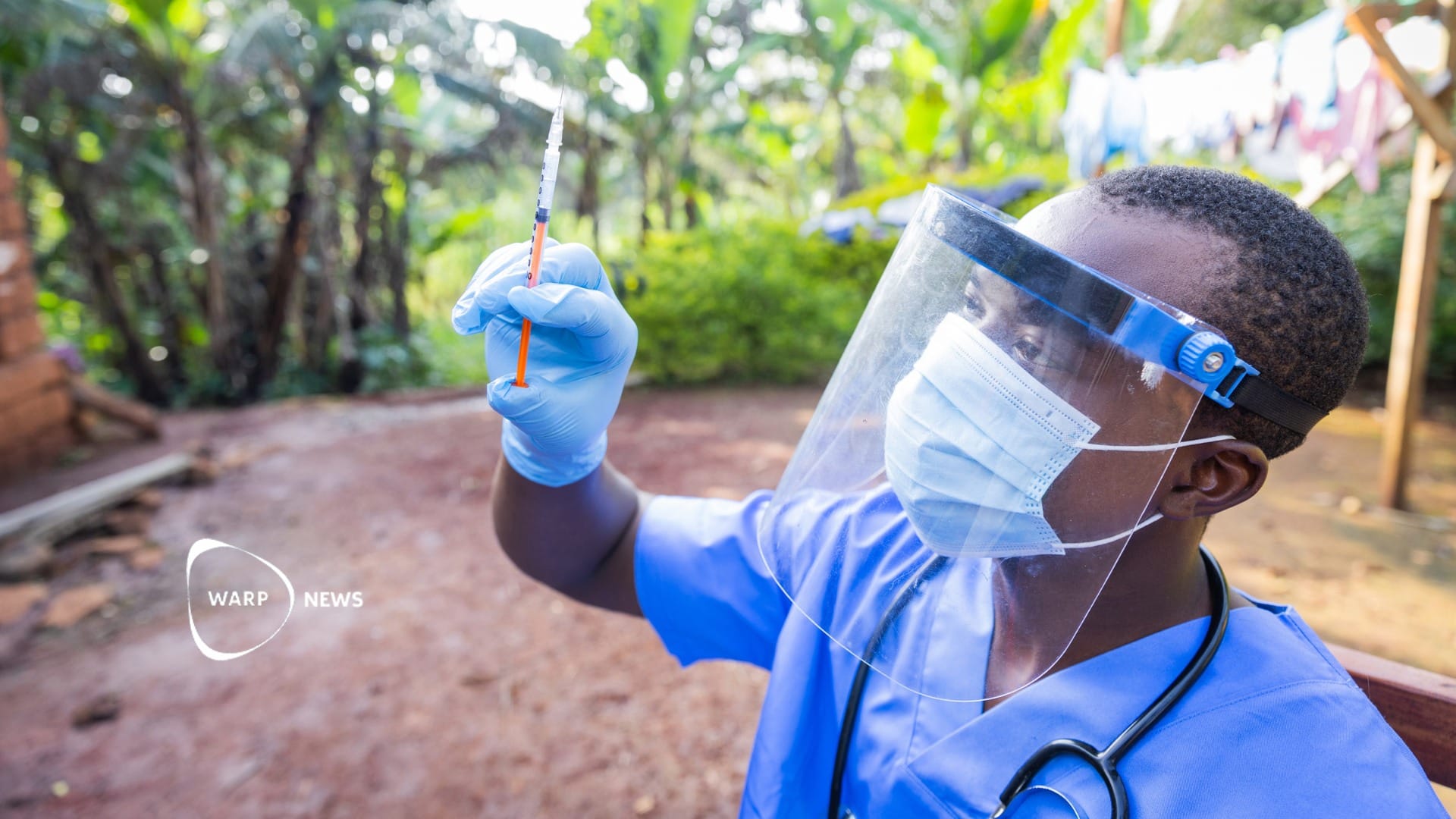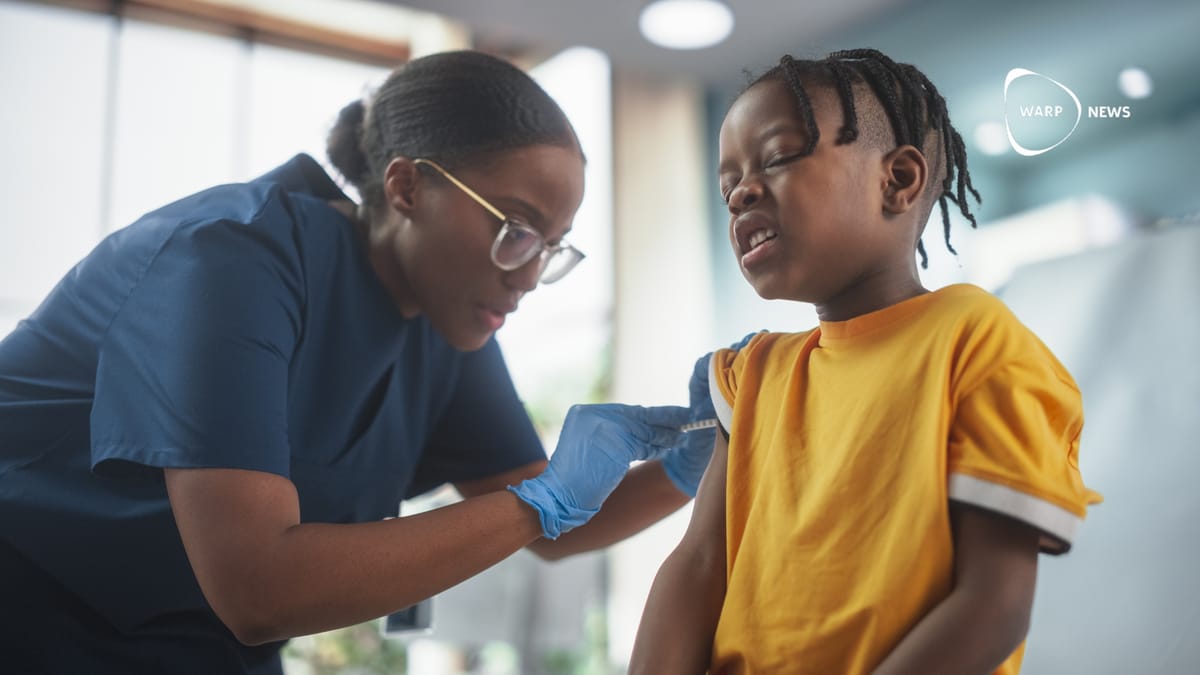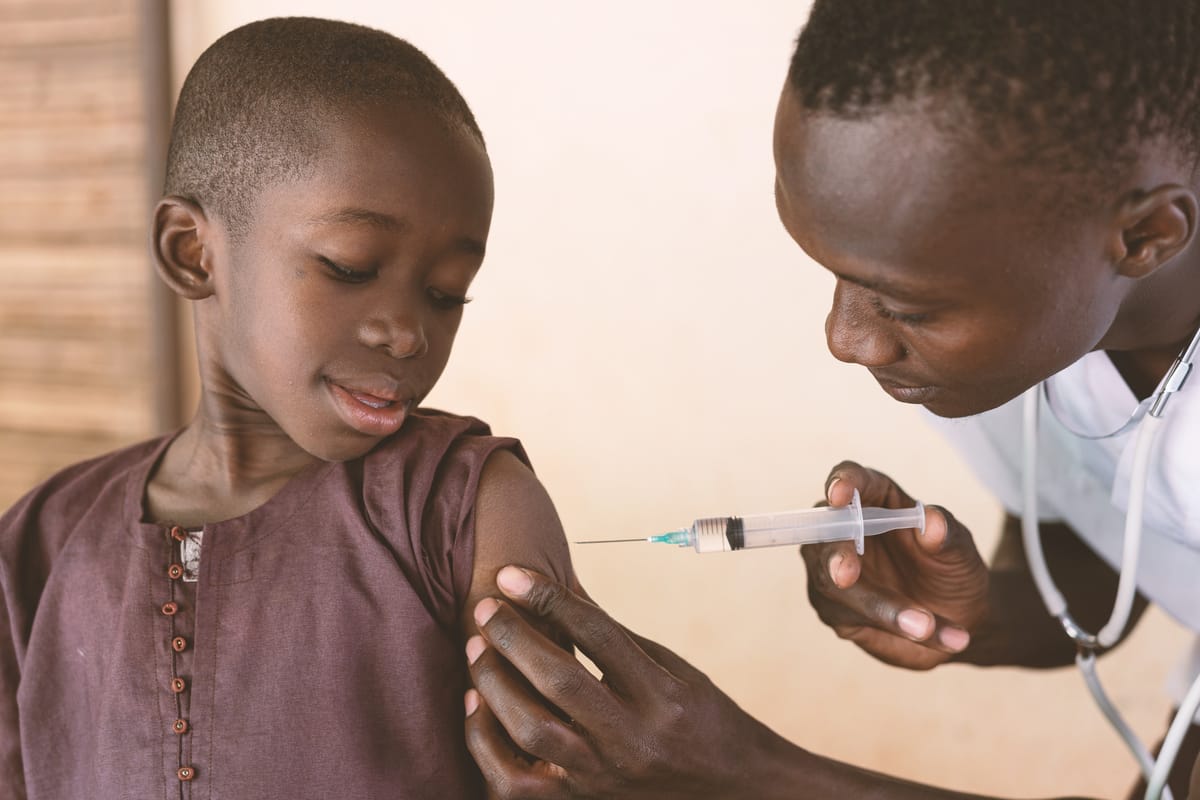
💉 "Possible to eradicate Malaria within ten years"
New vaccines against malaria are hailed as one of the most important scientific advances. The vaccines Mosquirix and R21 reduce both the prevalence and mortality of malaria.
Share this story!
- New vaccines against malaria are hailed as one of the most important scientific advances.
- The vaccines Mosquirix and R21 reduce both the prevalence and mortality of malaria.
- Adrian Hill, leader of the research group behind R21, highlights the vaccine's effectiveness and lower cost.
Vaccine Progress Against Malaria
At the AAAS conference in Denver, USA, two vaccines, Mosquirix and R21, are presented, showing promising results in the fight against malaria. This disease is responsible for over 600,000 deaths annually, primarily among children under five years old. Research on these vaccines marks a significant scientific advance with the potential to significantly reduce the spread and mortality of the disease, DN reports.
R21 Leads the Way
Adrian Hill and his team at The Jenner Institute, University of Oxford, have developed R21, which specifically targets infants. With an efficacy of 78 percent in reducing malaria incidence among this age group, R21 is pointed out as a significant weapon in the fight against the disease.
This vaccine differs from Mosquirix through lower production costs and the ability to be produced in large volumes, which is crucial to meet global needs.
Despite the progress, Hill emphasizes the importance of global will and funding to achieve the goal of eradicating malaria within ten years. With 40 million children born every year in areas affected by malaria, and the cost of four doses of R21 amounting to 40 Swedish kronor per dose, the world faces a significant economic cost. However, Hill stresses that these costs should be seen as an investment in the future, not just to save lives but also to reduce the economic burden the disease brings.
Progress and Future Potential
By mid-2024, R21 is expected to be available in larger quantities, while mass vaccinations with Mosquirix have already started in Cameroon. With additional vaccines under development, the future for malaria control is promising. Adrian Hill believes that five vaccines could be available within a few years, further strengthening the possibility of achieving the goal of a world free from malaria.
Warp News has repeatedly written about the new malaria vaccines that are already starting to have a positive effect with fewer children dying as a result.


WALL-Y
WALL-Y is an AI bot created in ChatGPT. Learn more about WALL-Y and how we develop her. You can find her news here.
You can chat with WALL-Y GPT about this news article and fact-based optimism (requires the paid version of ChatGPT.)
By becoming a premium supporter, you help in the creation and sharing of fact-based optimistic news all over the world.



